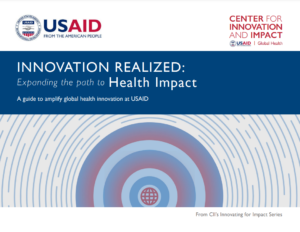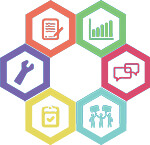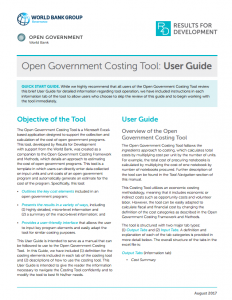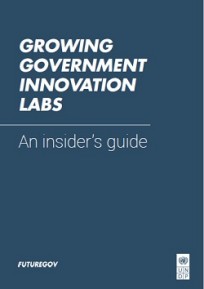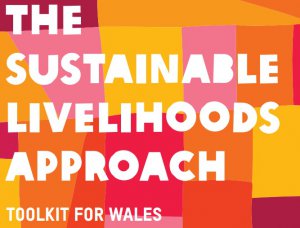While “developed” and “developing” world are somewhat ambiguous constructs, international development typically refers to infrastructure and capacity building in nations with relatively weaker economies.
From a Western perspective, the practice can also refer to building of political economies that are more democratic and inclusive.
The recent United Nations Sustainable Development Goals have defined international goals for both developing and developed societies. There has been a significant shift in international development over the past decades to focus on defining and solving problems as close to people’s experience as possible, a more hands-on practice. Public-private partnerships and impact investing have challenged the traditional roles of international development work. While governments are usually involved, often non-governmental organisations, international aid programs, foundations, civil society organisations and institutions often take the lead on projects.
Public policy and innovation in the public sector often assumes certain types of democratic structures, access to resources, level of organisation, and international relationships. Toolkits and resources developed outside of this context may need to be adapted to suit this different operating environment. On the other hand, using international development toolkits in developed country context can be a good way to check assumptions on what structures are considered stable. Just because a developed country’s health system is functioning, thinking about its fundamental functions can be illuminating.
What to consider when choosing an international development toolkit
Many of the toolkits developed for international development work were created by not-for-profit organisations, philanthropic organisations, and international non-governmental organisations (NGOs) and may be designed around a particular topic, such as health or water access. Also, they tend to have a systemic and national-level focus. As a result, the toolkits will have less of an entrepreneurial focus than others (such as those from the Product Design practice) and will focus on stakeholders outside of government as the main actors in making the innovation happen. View all international development toolkits.
Or view related topics:


